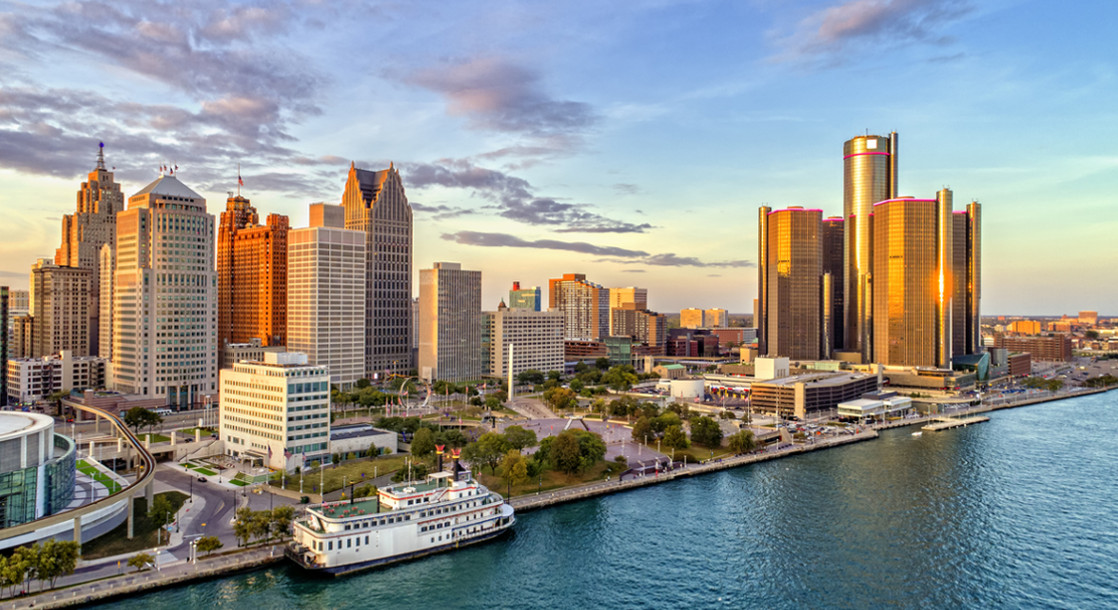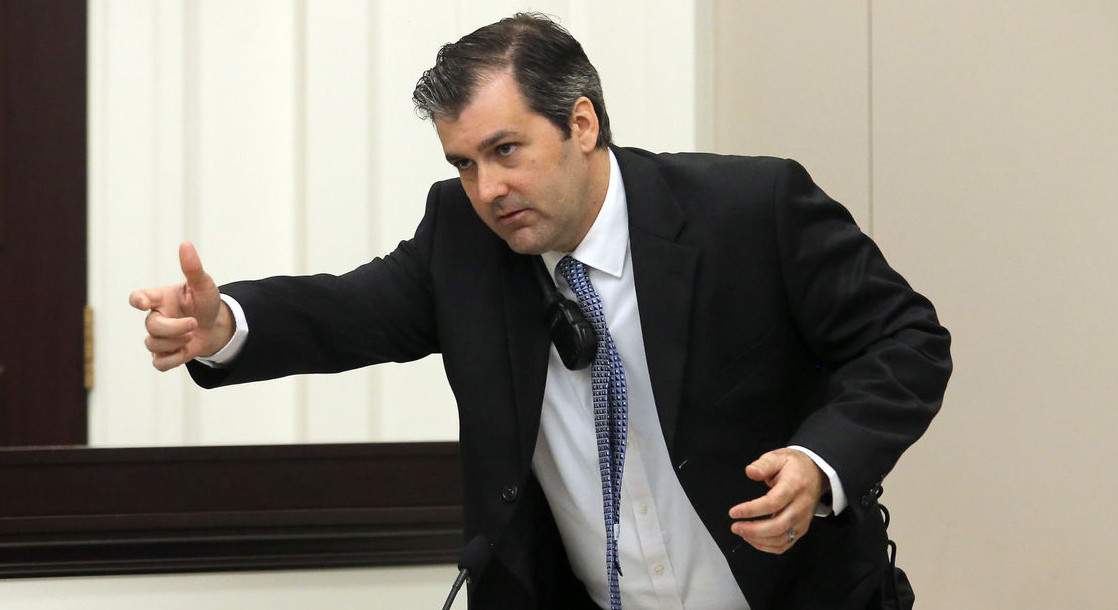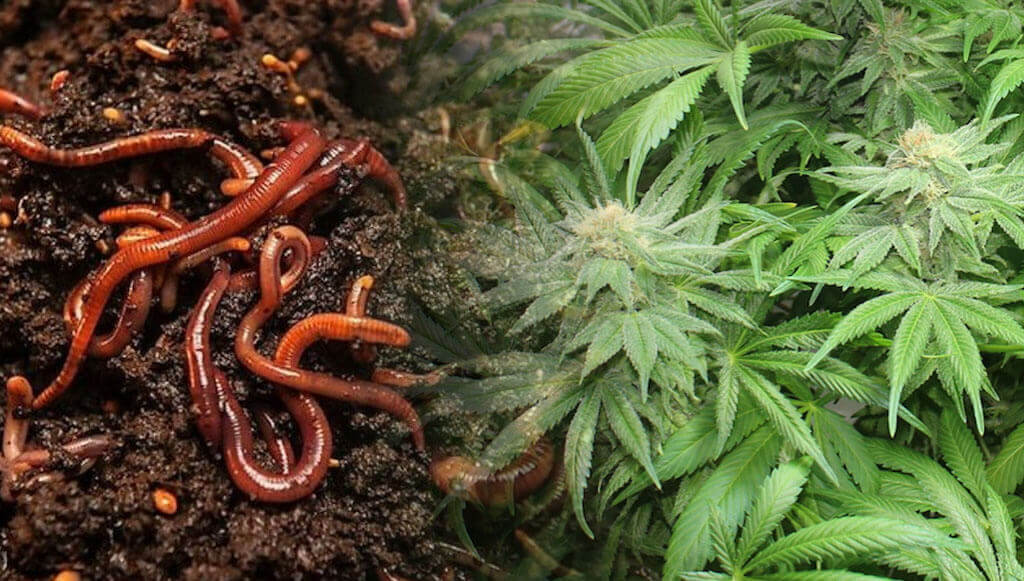Detroit, Michigan; photo via iStock/ pawel.gaul
On Thursday, Michigan issued its first seven medical marijuana business licenses, taking another step in its transition from a reefer free-for-all to a tightly-regulated industry. Four of these licenses — each of which authorizes the cultivation of up to 1,500 cannabis plants — went to a grow facility in Chesaning, while the other three were issued to a dispensary, a processing firm, and a transport company. But even though these canna-businesses have received their licenses, they won’t be able to operate immediately because the state has yet to approve a testing facility for marijuana products.
“We’re excited that we’ve actually approved the first license, so we can move forward,” Andrew Brisbo, director of the state Bureau of Medical Marijuana Regulation, told the Detroit Free Press. The director reminded dispensary owners that “any product that you have on hand can’t be sold until it's tested…It’s going to be a challenge to move from temporary operating facility to a fully operational facility.”
Brisbo said that he expects to see licenses for testing labs granted as soon as next month. “We continue to work with the few (testing labs) who are close in the process to try and get them licensed as well. We’re aware of the fact that not having a licensed lab presents a challenge for the other types of facilities so we’ll work with them closely on how to proceed. I think we’ll have a few up at the August meeting for consideration by the board.”
In addition to the seven licenses granted this week, the state granted preliminary approval to 16 additional canna-businesses, including dispensaries, cultivators, and processors. The board has received a total of 594 applications to date, but has only been able to assess 54 of them. Out of this number, 40 received preliminary or full approval, while another 14 were denied. Most of the denials were because the applicant failed to disclose that they had previously been arrested.
Michigan initially legalized medical marijuana back in 2008, but like many early MMJ programs, the industry was allowed to operate with relatively few regulations. In 2016, the state passed a new law creating a much stricter regulatory framework. The new regulations now require all canna-businesses to be licensed by the state, and any businesses that failed to turn in applications by this February have been ordered to shut down. However facilities that did apply are allowed to continue operating without a license until September 15th while their applications are being considered.
The transition from unregulated cannabis to a more controlled industry has caused the state some growing pains, especially considering that dispensaries need to supply enough product for the state's 300,000 registered patients. That number is also about to expand dramatically, now that state regulators just doubled the number of qualifying conditions from 11 to 22. Michigan residents will also vote on whether to legalize a recreational retail market this fall, which could send regulators back to the drawing board.











